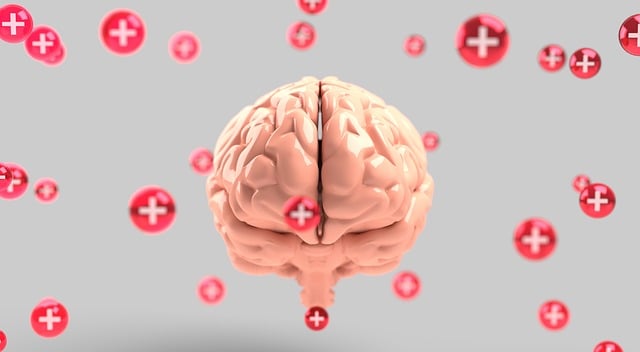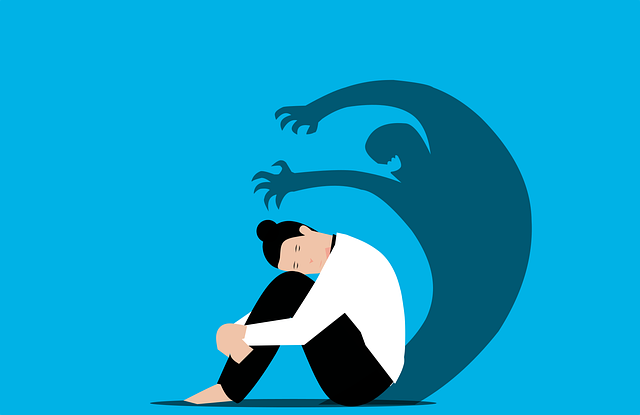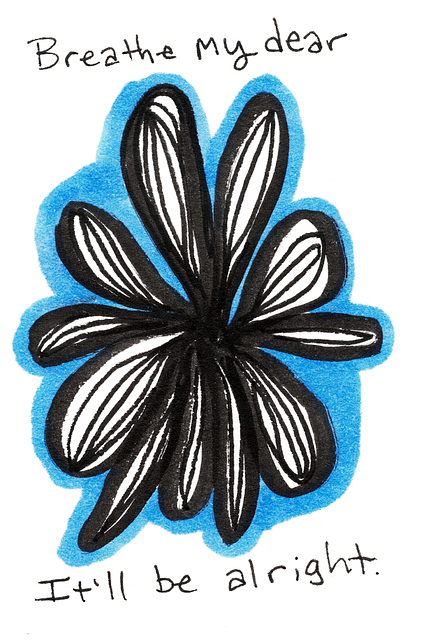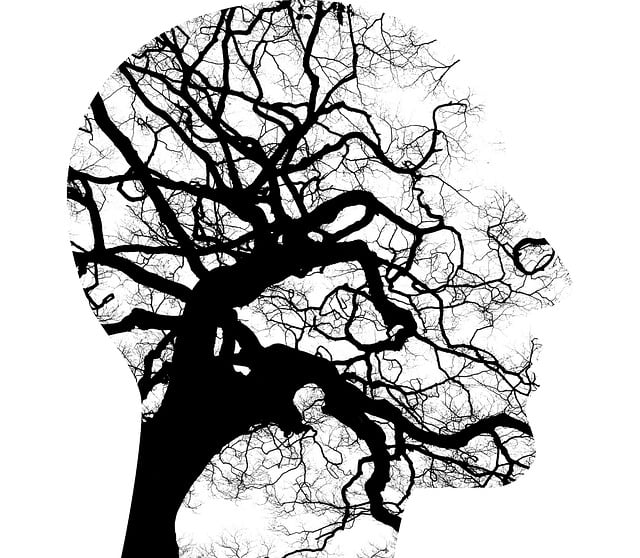Mental Health Crisis Hotlines like Lone Tree Family Counseling Therapy provide 24/7 immediate support and guidance during emotional distress or mental health crises. Trained counselors offer Anxiety Relief strategies, personalized Crisis Intervention Guidance, and destigmatize mental health issues through awareness campaigns. Lone Tree offers confidential, non-judgmental spaces for clients to explore feelings, gain insights, build resilience, and enhance emotional well-being. Accessing these services effectively requires clear info on reaching them (including specific numbers), sharing relevant personal details for tailored support, and utilizing professional hotline support alongside mental health education programs for enhanced crisis management skills.
Mental health crisis hotline support services play a vital role in providing immediate assistance during times of distress. This article explores the importance of these hotlines, focusing on the expertise of Lone Tree Family Counseling Therapy. We’ll delve into how their professional guidance helps individuals navigate mental health crises effectively. Additionally, we’ll offer practical tips for accessing and utilizing these resources, ensuring that those in need can find the support they require promptly, especially when traditional therapy isn’t readily available.
- Understanding Mental Health Crisis Hotlines
- The Role of Lone Tree Family Counseling Therapy
- Accessing and Utilizing These Support Services Effectively
Understanding Mental Health Crisis Hotlines

Mental Health Crisis Hotlines serve as vital resources for individuals experiencing severe emotional distress or mental health crises. These 24/7 services provide immediate support, crisis intervention, and guidance to help individuals navigate turbulent situations. Offered by organizations like Lone Tree Family Counseling Therapy, these hotlines offer a safe space for people to express their feelings, receive professional advice, and explore solutions without judgment.
Through trained counselors and therapists, hotlines deliver valuable Anxiety Relief strategies and Crisis Intervention Guidance tailored to each caller’s unique needs. Public Awareness Campaigns Development also plays a crucial role in destigmatizing mental health issues and encouraging individuals to reach out for help when facing challenging situations.
The Role of Lone Tree Family Counseling Therapy

Lone Tree Family Counseling Therapy plays a pivotal role in providing mental health crisis hotline support services, offering specialized care tailored to individual and family needs. With a focus on emotional intelligence, therapists employ evidence-based practices to address a range of issues, from burnout prevention strategies for healthcare providers to resilience building. This holistic approach ensures that clients not only receive immediate assistance during crises but also develop long-lasting coping mechanisms to navigate future challenges.
Through confidential and non-judgmental conversations, Lone Tree Family Counseling Therapy fosters a safe space where individuals can express their feelings, explore underlying causes of distress, and gain insights into their emotional experiences. By integrating mindfulness techniques and nurturing an environment of empathy, therapists empower clients to enhance their emotional intelligence, cultivate resilience, and regain control over their mental well-being.
Accessing and Utilizing These Support Services Effectively

Accessing and utilizing mental health crisis hotline support services effectively requires a strategic approach. Individuals seeking assistance should be guided by clear and accessible information on how to reach these hotlines, ensuring they know the appropriate numbers to dial during emergencies. Many services, such as Lone Tree Family Counseling Therapy, offer 24/7 availability, allowing people in distress to connect with trained professionals instantly.
Effective use involves sharing relevant personal details to receive tailored support. Hotline counselors employ compassion cultivation practices and risk management planning for mental health professionals to ensure safety while providing empathetic assistance. Additionally, ongoing mental health education programs designed to equip individuals with crisis management skills can empower them to navigate challenging situations better, complementing the professional support offered by hotlines.
Mental health crisis hotline support services, such as those offered by Lone Tree Family Counseling Therapy, play a vital role in assisting individuals during times of distress. By providing accessible and confidential resources, these hotlines empower people to navigate their mental health challenges. Effective utilization involves understanding the available options and knowing how to reach out for help. With increased awareness and open dialogue, we can ensure that those in need are connected with the critical support they deserve, ultimately fostering a healthier community.










